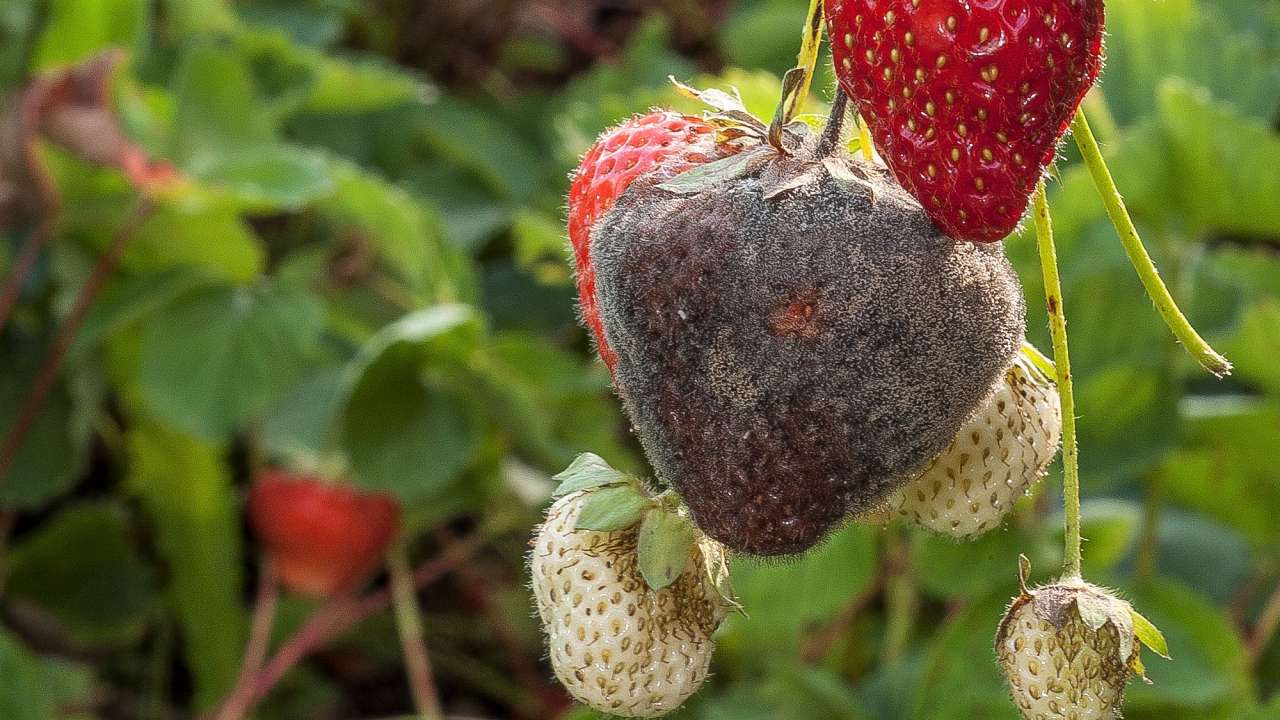Increased resistance to pesticides

Photo: Erling Fløistad.
Resistance and reduced sensitivity to several pesticides has been observed in strawberry, raspberry and oilseed rape in Norway.
In 2018, NIBIO surveyed and monitored pesticide resistance in Norwegian agriculture and horticulture. The results indicated that the problem of resistance is increasing.
NIBIO has monitored resistance in pollen beetles in oilseed crops since 2007. The beetles have developed resistance to insecticides in the most important cultivation areas for oilseed crops, with local differences in resistance levels.
“The situation now is that in many areas pollen beetle populations are resistant to two out of the three groups of insecticides available to control them. So far, the insecticides with reduced efficacy still have a partial effect, but if we continue using them, it is likely that the beetles’ resistance will build up even more,” NIBIO researcher Nina Svae Johansen explains.
Over the recent years, resistance to some of the acaricides used to control the two-spotted spider mites in strawberries and raspberries has been suspected. Preliminary studies indicate that the mites in some areas now are at a starting point for developing resistance to the two active ingredients spirodiclofen (product: Envidor) and bifenazat (product: Floramite), which are approved for use in both crops, and fenpyroximat (Danitron) which is approved for use in raspberries. None of the two-spotted spider-mite populations were resistant to abamektin (Vertimec). Development of an effective anti-resistance strategy is crucial to avoid resistance problems.
“Fungicide resistance in the pathogen causing grey mold (Botrytis) in strawberries and raspberries is a widespread problem. Many of the Botrytis isolates are resistant to several fungicides, which makes control of this disease very difficult,” says Svae Johansen.
Contacts

Contacts

